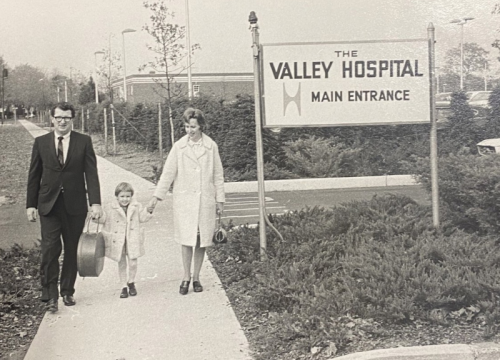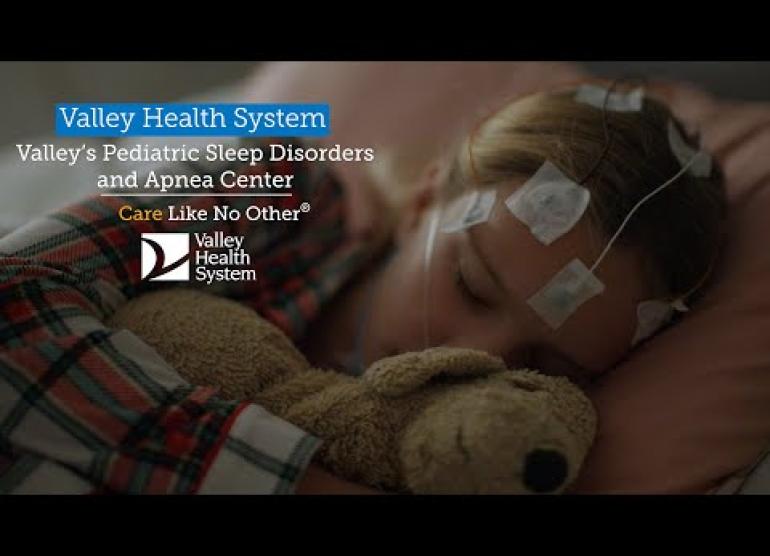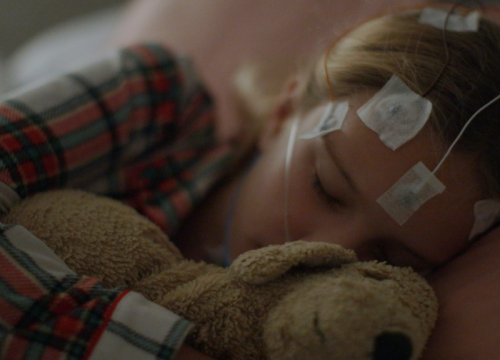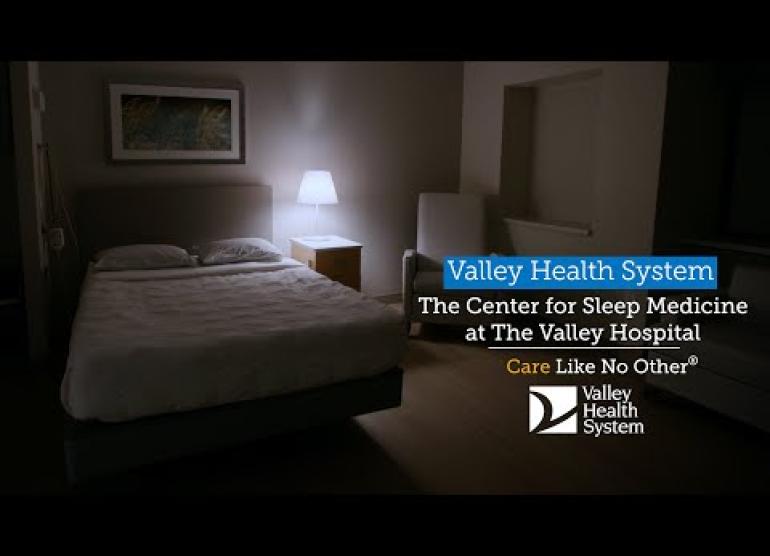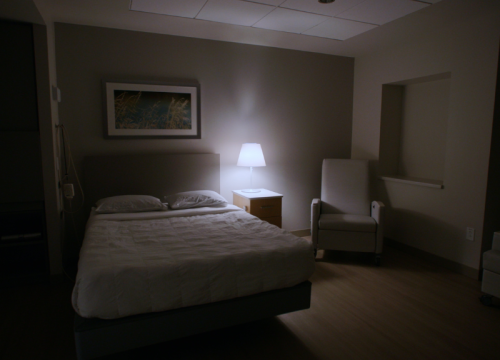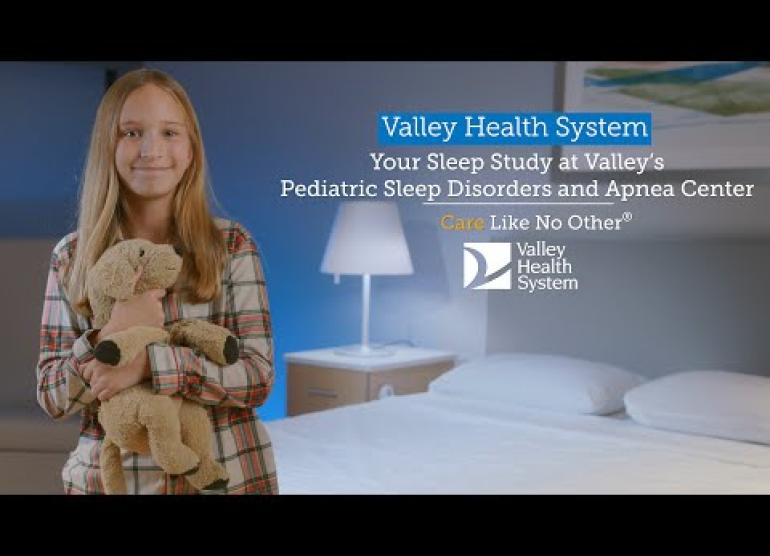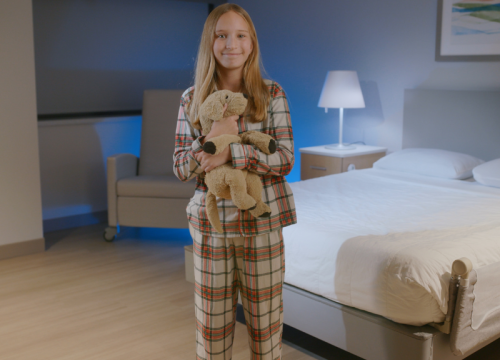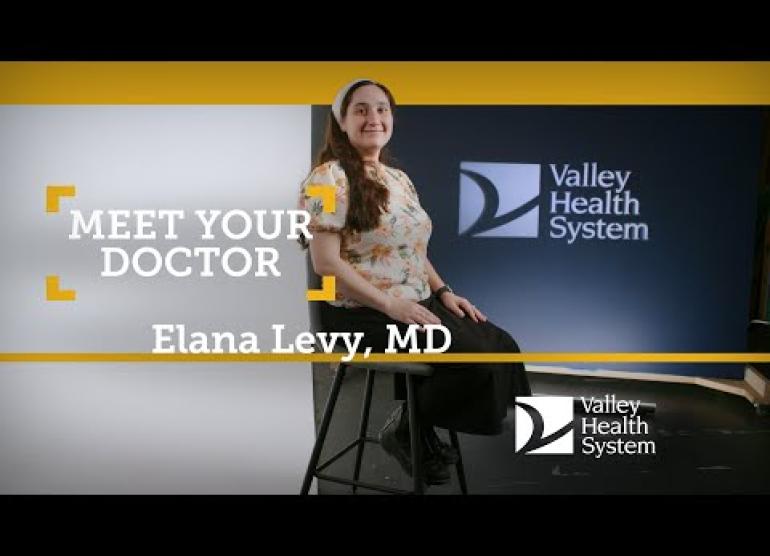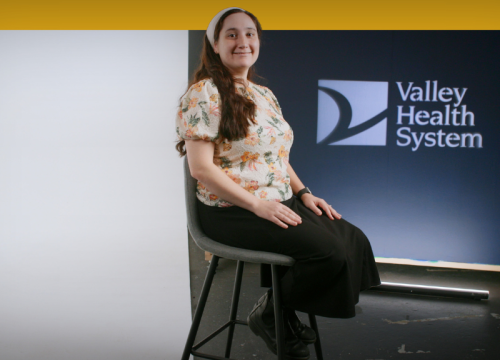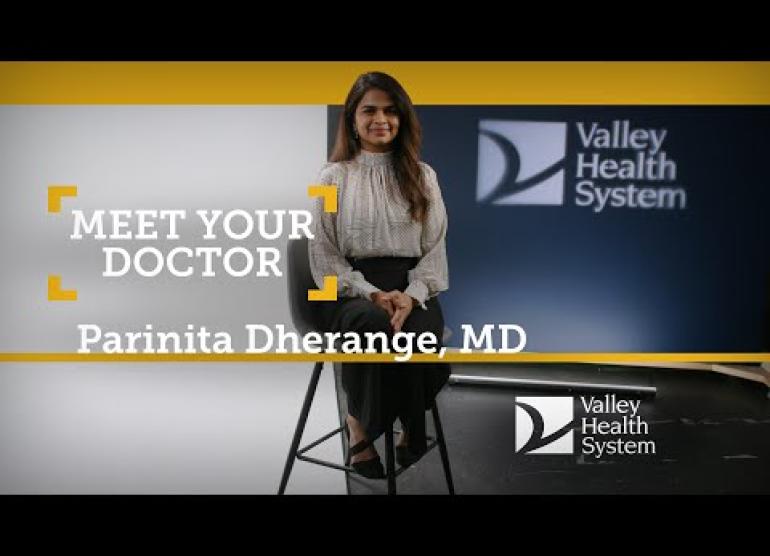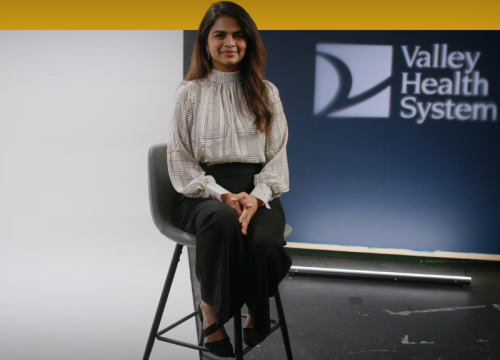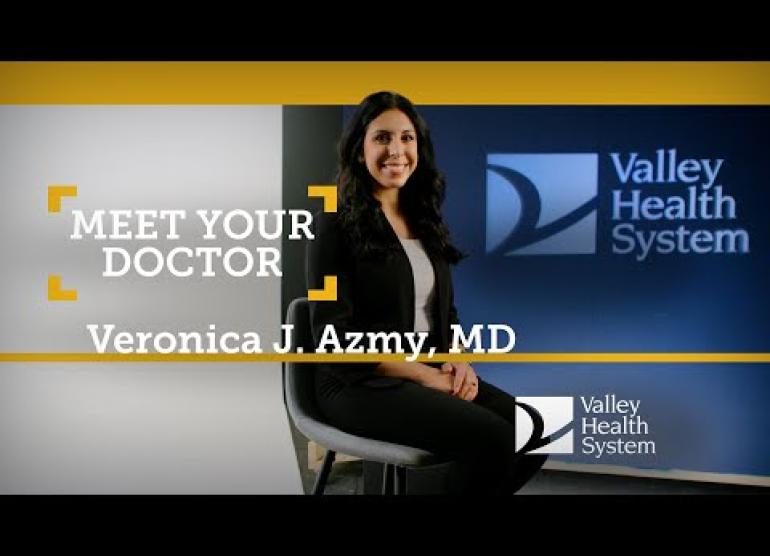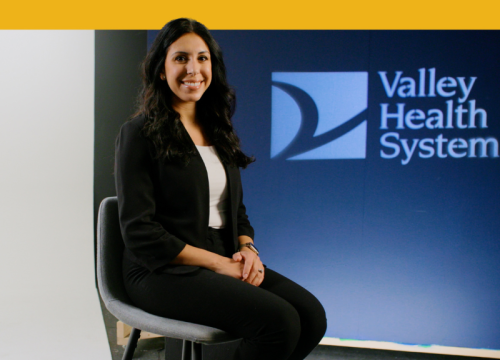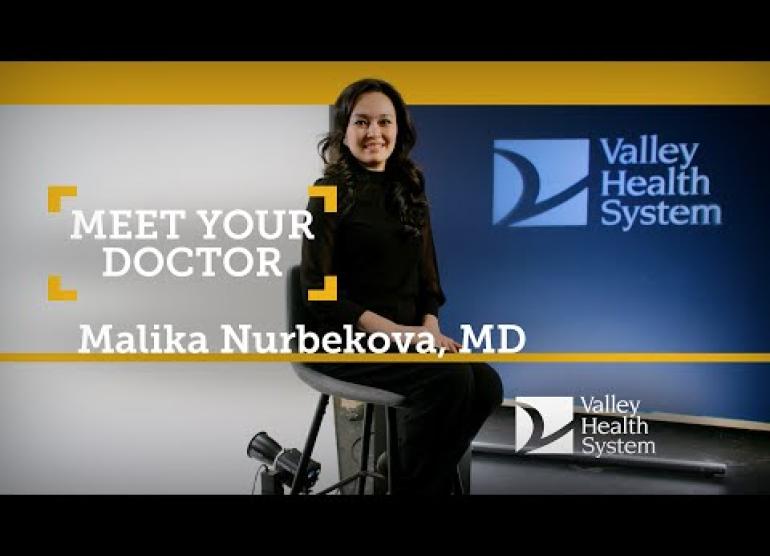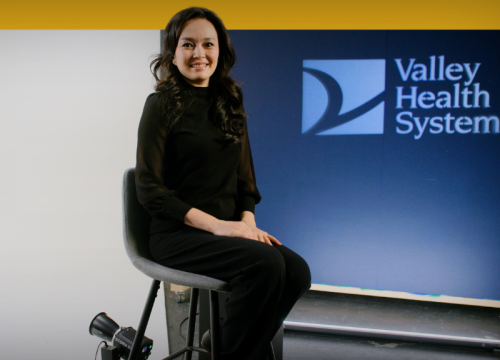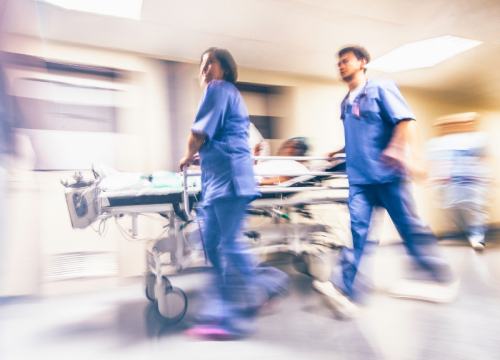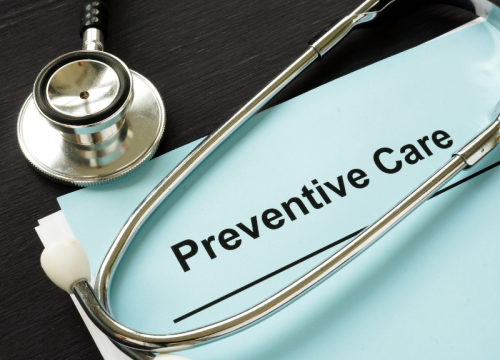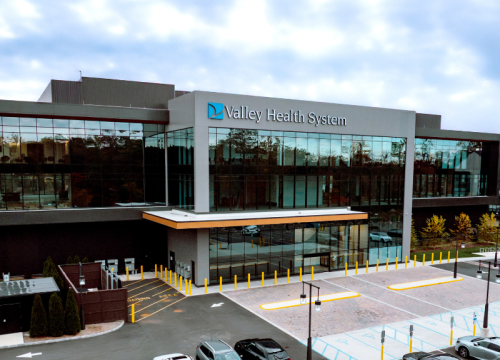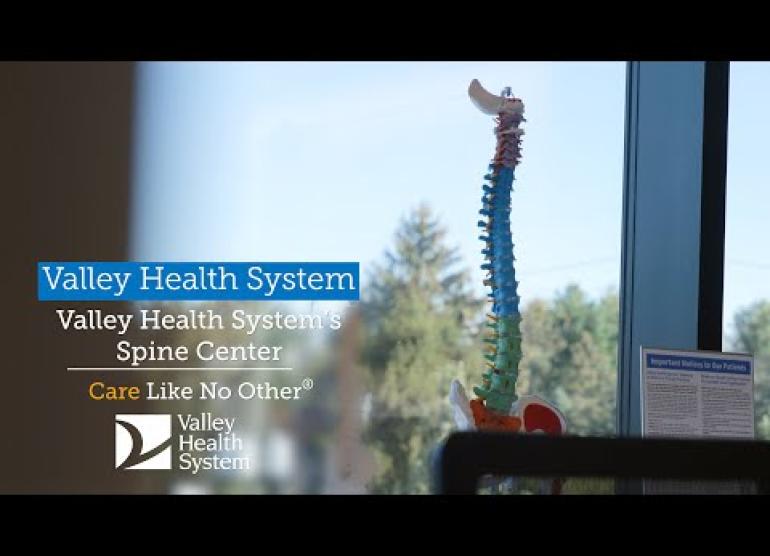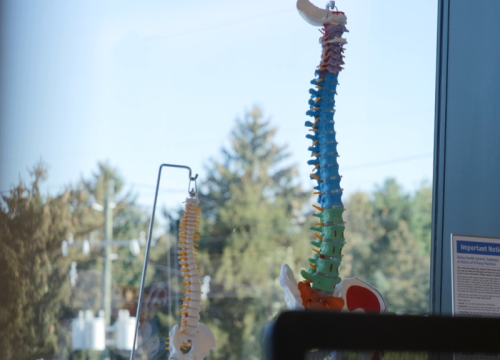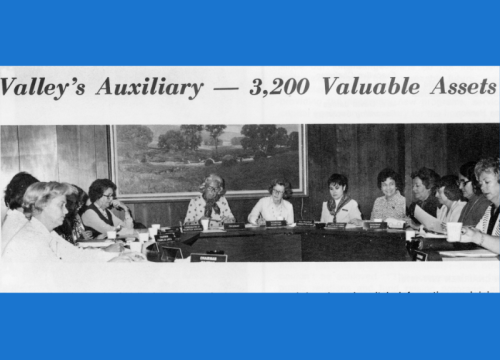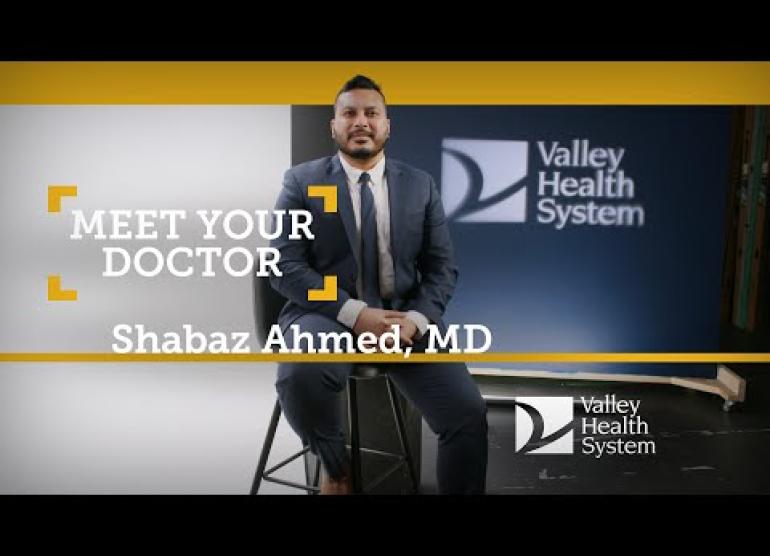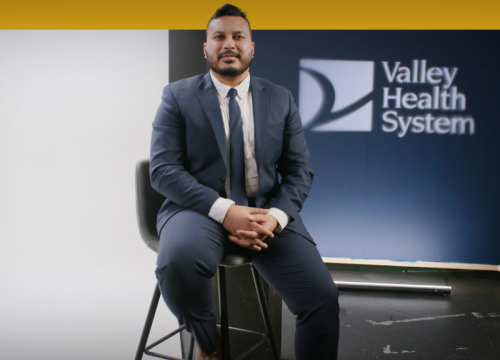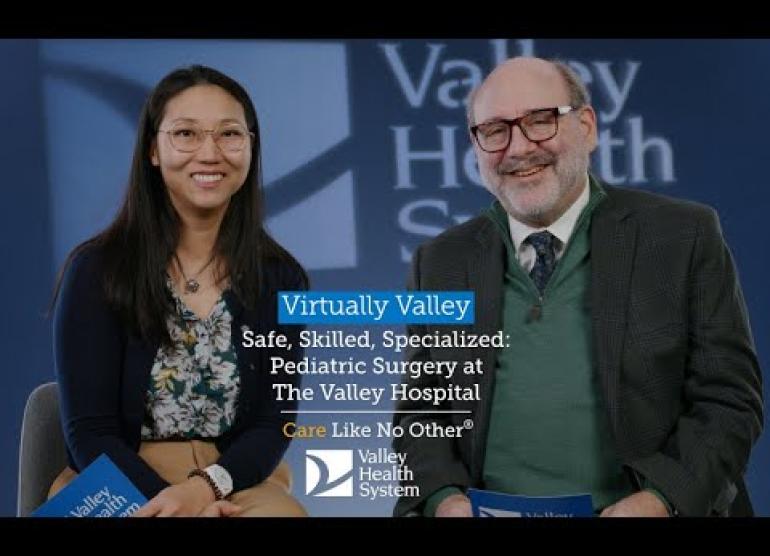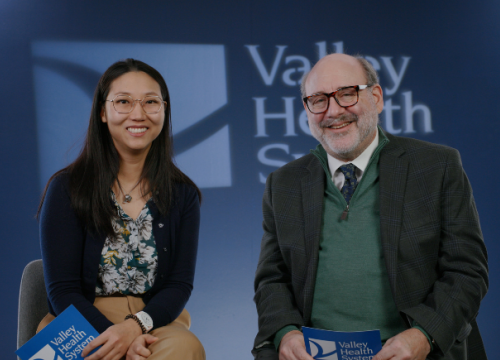A colonoscopy is a test to screen for and diagnose colorectal cancer. During this test, your gastroenterologist can also remove colon polyps (growths) that may turn into cancer.
A colonoscopy can also help detect colon cancer and rectal cancer early when treatment may be more effective.
Valley specialists perform more than 7,500 colonoscopies every year. We offer state-of-the-art facilities and services focused on a comfortable experience.
For your convenience, we also offer a Fast-Track Screening Colonoscopy program for healthy patients with a low risk for cancer.
What is a Colonoscopy?
During a colonoscopy, a provider inserts an endoscope in the anus and threads it through the digestive tract. An endoscope is a long, thin, flexible tube with a camera and a light at the end that allows doctors to see inside.
During the procedure, your doctor looks for:
- Internal bleeding
- Changes in the lining of your intestines
- Growths that shouldn’t be there
If needed, your doctor can also:
- Stop abnormal bleeding
- Take tissue samples to view under a microscope
- Remove polyps in the colon that may develop into cancer
It’s important to have an experienced gastroenterologist or colorectal surgeon perform your colonoscopy. At Valley, our experts know exactly what to look for and how best to treat it.
Guidelines for Colorectal Cancer Screening
Cancer screening is when we look for disease before you have symptoms. This is important because some cancer symptoms show when the disease is advanced and harder to treat.
A screening colonoscopy may detect colorectal cancer sooner. And the sooner we can start treatment, the better.
Guidelines for a screening colonoscopy include:
- Every 10 years starting at age 45 for people at low risk
- Every five years starting at age 40 for people at high risk
In recent years, there has been an increase in colorectal cancers in people under 50. That makes it even more important to start screening at 45.
Your doctor may also recommend a colonoscopy at any age if you have the following symptoms:
- Rectal bleeding
- Blood in the stool
- Changes in bowel habits (diarrhea or constipation)
- Pain or cramping
- Sudden or unexplained weight loss
- Tiredness or weakness
Depending on your risk or history of colorectal cancer, you may have follow-up colonoscopies every five or 10 years.
What to Expect During a Colonoscopy
A colonoscopy is an outpatient procedure, which means you don’t stay overnight at the hospital. The procedure isn’t painful, and the risk for complications is low.
You should plan to be home most of the day before and after the procedure. You should also plan to have someone drive you home from Valley.
Colonoscopy Prep
Prepping for the colonoscopy is an important part of the process. Your intestines must be completely clear of stool to provide the best view of your digestive tract and the most accurate results.
The day before the procedure, you’ll limit your diet to clear liquids. You’ll also complete a bowel cleansing regimen (often referred to as bowel prep), which may include a prescription drink or oral laxatives.
If you take certain medicines, like for blood pressure or diabetes, you may have to adjust them. Your doctor will let you know.
During Your Colonoscopy
On the day of your procedure, you can expect to be at Valley for about two to three hours. This includes time to check in to the endoscopy suite, procedure preparation, the colonoscopy and recovery.
Our team does everything we can to make your experience comfortable. We use sedation, a medicine that helps you relax and sleep, so you don’t feel anything.
We also create a relaxing atmosphere using lavender aromatherapy, low lighting and other methods to make it a little easier.
During the colonoscopy, you’ll lay on your side. The doctor will insert the endoscope and move it through the intestines. The whole procedure takes about 30-60 minutes.
Colonoscopy Recovery
After the colonoscopy, our nurses monitor you until the sedation wears off. You shouldn’t have any pain. But you may have bloating or cramping and feel gassy.
At home, you can resume your normal diet right away. Because your bowels are empty, expect to have your first regular bowel movement within a few days.
Contact your doctor if you have bleeding, a fever or severe pain.
After Colonoscopy
If your doctor found something unusual or removed a polyp or a tissue sample for testing, we’ll contact you about the results.
Whatever happens, we’ll guide you through. If you need to see a provider for further testing or an exam, our team will connect you to other specialists. We work seamlessly with experts in digestive disorders and colorectal cancer.
Why Choose Valley for Your Colonoscopy?
- Expertise and experience: Our specialists perform thousands of colonoscopies each year. We know the signs of colon cancer and rectal cancer, and how they develop. This expertise can be lifesaving.
- State-of-the-art endoscopy suite: We use the latest tools for endoscopy. Our advanced technologies and tools offer the highest level of precision and accuracy.
- Compassionate, respectful care: We treat you with respect and dignity. We take extra steps, like using aromatherapy, to make your experience more comfortable.
- Convenient scheduling: We make it as convenient as possible for you to schedule a colonoscopy, with appointments available six days a week. And, healthy patients with a low risk for colorectal cancer may be eligible for our Fast-Track Screening Colonoscopy program. This means you don’t need to make an appointment with a gastroenterologist before the procedure.
- Advanced, team-based services: If you need treatment, we work closely with other specialists to care for you. Valley offers complete care for cancer and gastrointestinal diseases, including minimally invasive robotic colorectal surgery.


